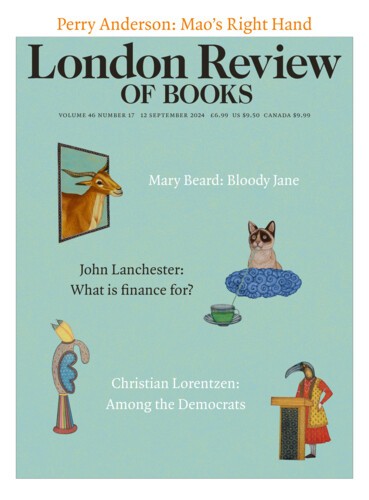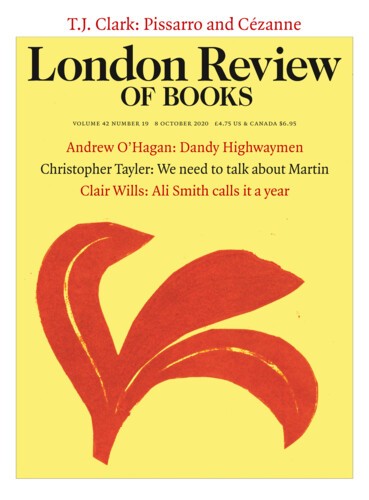Ruth Bader Ginsburg died 46 days before November’s presidential election. The Senate majority leader, Mitch McConnell, almost immediately announced his intention to confirm a new justice. Just as immediately, he was accused of hypocrisy. Scalia died 269 days before the 2016 election and that, Republicans argued at the time, was too close to the election for it to be right to confirm a successor. What happened to the ‘constitutional principle’ invoked to block Garland’s appointment? There are various arguments. Ted Cruz claims that voters were drawn to Trump by his stance on the courts; Lindsey Graham invokes Democrats’ treatment of Kavanaugh at his confirmation hearing. These ‘arguments’ go nowhere. McConnell, though, pointed to the fact that the Senate in 2016 was ruled by ‘an opposite party’ to the president’s. The real principle here is power: whoever has control of the Senate decides whether its advice and consent will be given. The Republicans were in charge in 2016 and they are in charge now: they can exercise their power as they wish.
Should Trump’s nominee be confirmed, the Supreme Court will shift to the right, probably far to the right, and will remain there for a generation. Ruth Bader Ginsburg takes the lion’s share of the blame for this – though Stephen Breyer will split it with her if he doesn’t survive until the next Democratic president is elected. But it is wrong to dwell on individuals and not the institution: citizens’ rights and the state of a democracy should not depend on the health (or decisions) of a single person.




